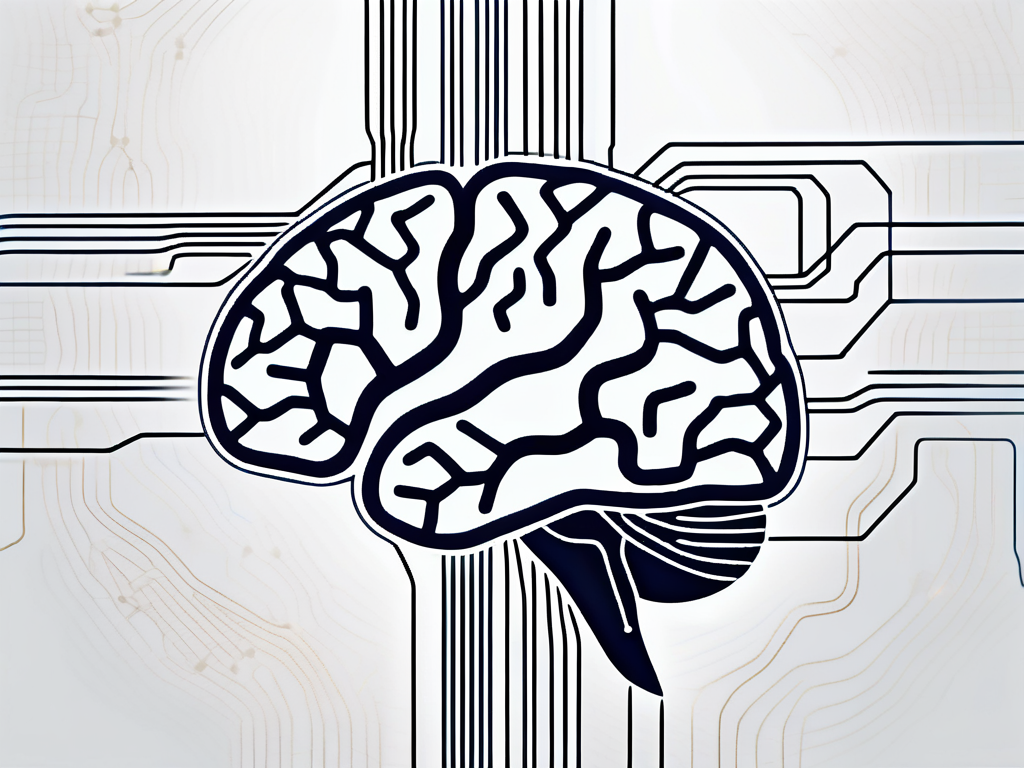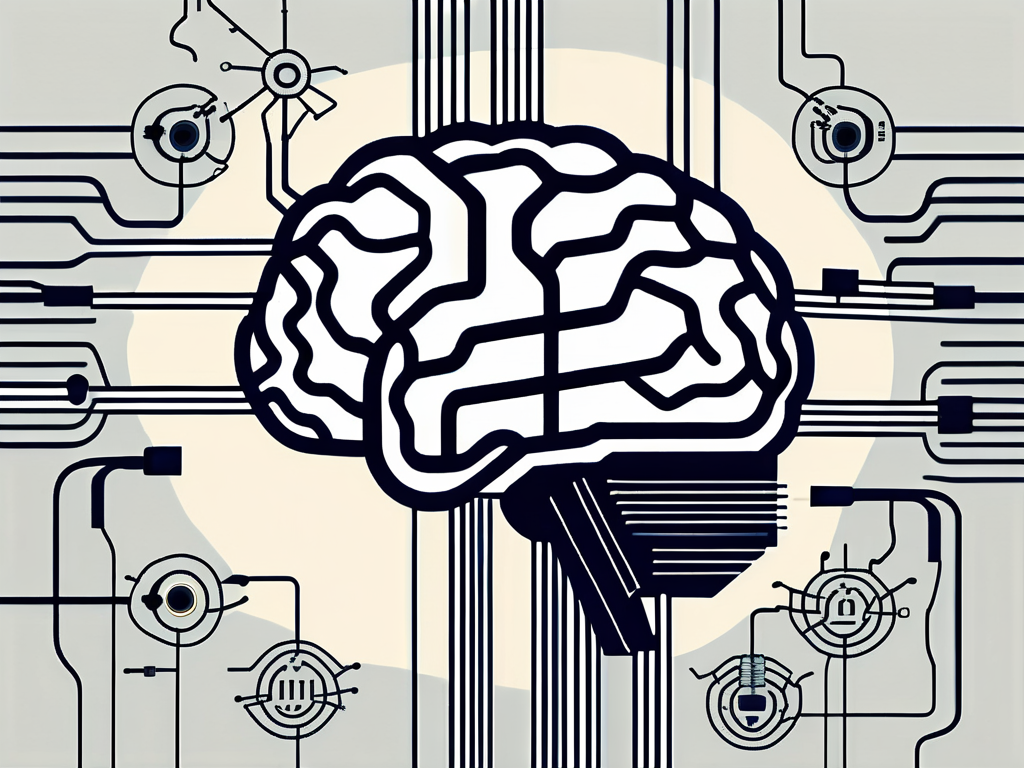
Mind control, a concept often associated with science fiction and conspiracy theories, has profound implications in reality, particularly concerning government influence on individual thought and behavior. In this article, we will explore various aspects of mind control, its historical context, the role of the government, and how media plays a significant part in shaping societal beliefs. We will also delve into countermeasures and discuss the future of mind control in an increasingly digital and interconnected world.
Understanding the Concept of Mind Control
Mind control refers to various techniques meant to manipulate individuals’ thoughts, beliefs, or behaviors, often for political or ideological ends. Understanding this concept requires a multidisciplinary approach involving psychology, sociology, and political science.
At its core, mind control exploits cognitive biases and psychological triggers. By understanding how people perceive reality, influence can be exerted to direct thoughts and behaviors without overt coercion.
In philosophical terms, the ethics of free will come into play. When assessing mind control’s implications, it’s vital to consider how much of an individual’s autonomy is compromised and the possible consequences on a societal level.
The Psychology Behind Mind Control
The psychology behind mind control encompasses concepts such as conditioning, social influence, and cognitive dissonance. Techniques like operant conditioning can reward positive behaviors while punishing undesirable actions, thus shaping future behavior.
Additionally, cognitive dissonance, the mental discomfort experienced when holding conflicting beliefs, can be leveraged. If a government can promote a specific ideology while simultaneously instilling discomfort about contrary views, individuals may subconsciously alter their beliefs to reduce this dissonance.
Moreover, the role of social influence cannot be underestimated. Peer pressure, groupthink, and the desire for social acceptance can lead individuals to conform to the beliefs and behaviors of those around them, often without critical examination. This phenomenon is particularly potent in tightly-knit communities or organizations, where dissenting opinions may be suppressed in favor of a collective ideology, further entrenching the mind control mechanisms at play.
Historical Overview of Mind Control Techniques
Historically, mind control techniques have evolved significantly. In the early 20th century, psychological theories were applied during wartime propaganda efforts, such as in World War I and II. These efforts aimed to bolster morale and demonize enemies.
In more recent history, the Cold War era saw the rise of more systematic approaches to mind control, including brainwashing techniques and experiments like MKUltra, where various methods of psychological manipulation were explored by intelligence agencies.
The impact of these historical events is profound, as they laid the groundwork for contemporary understanding of mind control. For instance, the techniques developed during these tumultuous times have found their way into modern advertising and political campaigning, where the principles of persuasion and influence are harnessed to sway public opinion. The advent of digital technology has further amplified these methods, allowing for targeted messaging that can exploit individual vulnerabilities, making the study of mind control more relevant than ever in today’s interconnected world.
The Role of Government in Mind Control
Governments play a crucial role in mind control through the implementation of policies and propaganda that influence public perceptions and behaviors. The mechanisms of control can vary widely, depending on the governing body and its objectives.
Policies and Propaganda: Tools of Influence
Policies can shape social norms and values, while propaganda serves as a direct means of persuasion. By controlling the narrative, governments can manipulate collective memory and influence public opinion on critical issues.
For instance, during times of crisis, governments may amplify certain narratives, painting their actions as necessary for safety and stability. This, in turn, can lead to an acceptance of measures that may infringe on personal liberties. The use of media, both traditional and digital, allows for a rapid dissemination of these narratives, ensuring that the public is bombarded with a consistent message that aligns with governmental objectives. This saturation can create an environment where dissenting opinions are marginalized, and individuals may feel pressured to conform to the prevailing viewpoint.
Education as a Medium for Control
Education is another channel through which governments exert influence and control. By framing curricula around specific ideologies or historical interpretations, governments can affect how individuals view the world from a young age.
This type of mind control often manifests in a nationalistic curriculum, where the citizens are taught to identify with the state rather than critical thinking skills that encourage questioning and independent thought. The results can often lead to a homogenized populace that accepts state-sanctioned narratives without scrutiny. Furthermore, the emphasis on standardized testing often prioritizes rote memorization over analytical skills, further stifling creativity and individual expression. In this environment, students may find themselves less equipped to challenge the status quo, as they have been conditioned to accept information passively rather than engage with it critically.
Additionally, the role of technology in education cannot be overlooked. With the rise of online learning platforms and digital resources, governments can curate content that aligns with their ideological stance, reaching students in unprecedented ways. This digital influence can extend beyond the classroom, as social media becomes a tool for reinforcing state narratives and shaping public discourse. As students navigate these platforms, they may inadvertently adopt the values and beliefs that are prevalent in their online environments, further entrenching the government’s influence in their formative years.
Media and Mind Control
The media, in its various forms, has an undeniable impact on societal beliefs and behaviors. It serves as the primary conduit through which information is disseminated to the public, thereby positioning itself as a powerful tool for mind control.
The Power of Mass Media in Shaping Public Opinion
Mass media has a long-standing history of shaping public opinion. Television, newspapers, and radio have been used extensively to propagate specific narratives, often swaying public perceptions regarding social and political issues.
By focusing on particular stories or framing issues in specific ways, mass media can create an environment where certain viewpoints appear more legitimate or dominant than others. This not only informs the public but also influences their emotional responses and perceptions, making it a potent method of mind control.
Moreover, the role of media in shaping cultural norms cannot be overstated. For instance, the portrayal of gender roles, race, and class in films and television shows can reinforce stereotypes or challenge existing biases. These representations contribute to a collective understanding of societal values, subtly guiding individuals toward acceptance of certain ideologies as the norm. As a result, the media not only reflects reality but actively participates in constructing it, further solidifying its influence over public opinion.
Social Media: A New Frontier in Mind Control
The emergence of social media has introduced unique challenges in the realm of mind control. Unlike traditional media, where a few gatekeepers control the information flow, social media platforms amplify individual voices while simultaneously allowing for the rapid spread of misinformation.
Governments and organizations can exploit algorithms that prioritize engagement over accuracy, creating echo chambers where users are repeatedly exposed to specific ideologies. This phenomenon can significantly affect societal discourse, often leading to polarization and manipulation of public sentiment.
Additionally, the viral nature of social media means that sensational content often overshadows factual reporting, creating a landscape where emotional reactions can overshadow rational discourse. The immediacy and accessibility of platforms like Twitter and Facebook allow for real-time reactions to events, which can lead to hasty conclusions and mob mentality. This dynamic not only distorts the truth but also fosters an environment where misinformation can thrive, making it increasingly challenging for individuals to discern credible sources from those with ulterior motives. As a result, the potential for mind control through social media is not just a theoretical concern; it is a pressing reality that shapes contemporary society in profound ways.
Counteracting Mind Control
Recognizing the pervasive influence of mind control is the first step towards combating it. Individuals, educators, and policymakers play a significant role in fostering environments where critical thinking can flourish.
Promoting Critical Thinking and Media Literacy
One of the most effective ways to counteract mind control is through the promotion of critical thinking and media literacy education. Teaching individuals to question sources, analyze arguments, and differentiate between fact and opinion empowers them to resist manipulation.
Programs aimed at enhancing media literacy in schools and communities can equip people with the necessary skills to navigate complex information landscapes, making them less susceptible to misinformation and propaganda.
Legal Measures Against Mind Control
Legal frameworks are also essential in protecting citizens from manipulation and brainwashing tactics. Anti-propaganda laws, regulations on misinformation, and protections for free speech all play a role in curbing the methods used for mind control.
Furthermore, transparency in governmental actions and media ownership can help citizens remain informed about potential biases influencing the information they receive.
The Future of Mind Control
As we look toward the future, it is vital to consider the ongoing evolution of mind control in light of technological advancements. Innovations in AI, data analytics, and communication technology open new avenues for both manipulation and resistance.
Technological Advancements and Their Implications
Technological advancements can enhance methods of persuasion and control. The targeted ads based on user data allow for personalized propaganda tailored to individual beliefs and preferences.
Conversely, technology also provides tools for individual empowerment. As tools to verify information and analyze data become more accessible, the potential for citizens to challenge narratives increases significantly.
Ethical Considerations and Debates
The intersection of mind control and technology raises numerous ethical questions. As we develop new tools for influence, how do we ensure they’re used responsibly? What safeguards can be put in place to prevent abuse by governments or corporations?
These considerations will shape future debates about autonomy, freedom of thought, and the boundaries of influence in an increasingly digital world. In navigating these complexities, society must strive for a balance that respects individual rights while recognizing the power of informed consent.
In conclusion, the exploration of mind control, particularly regarding government influence, unveils a landscape filled with ethical challenges, societal implications, and future considerations. Understanding and addressing these factors is crucial for fostering a more aware and resilient populace.








